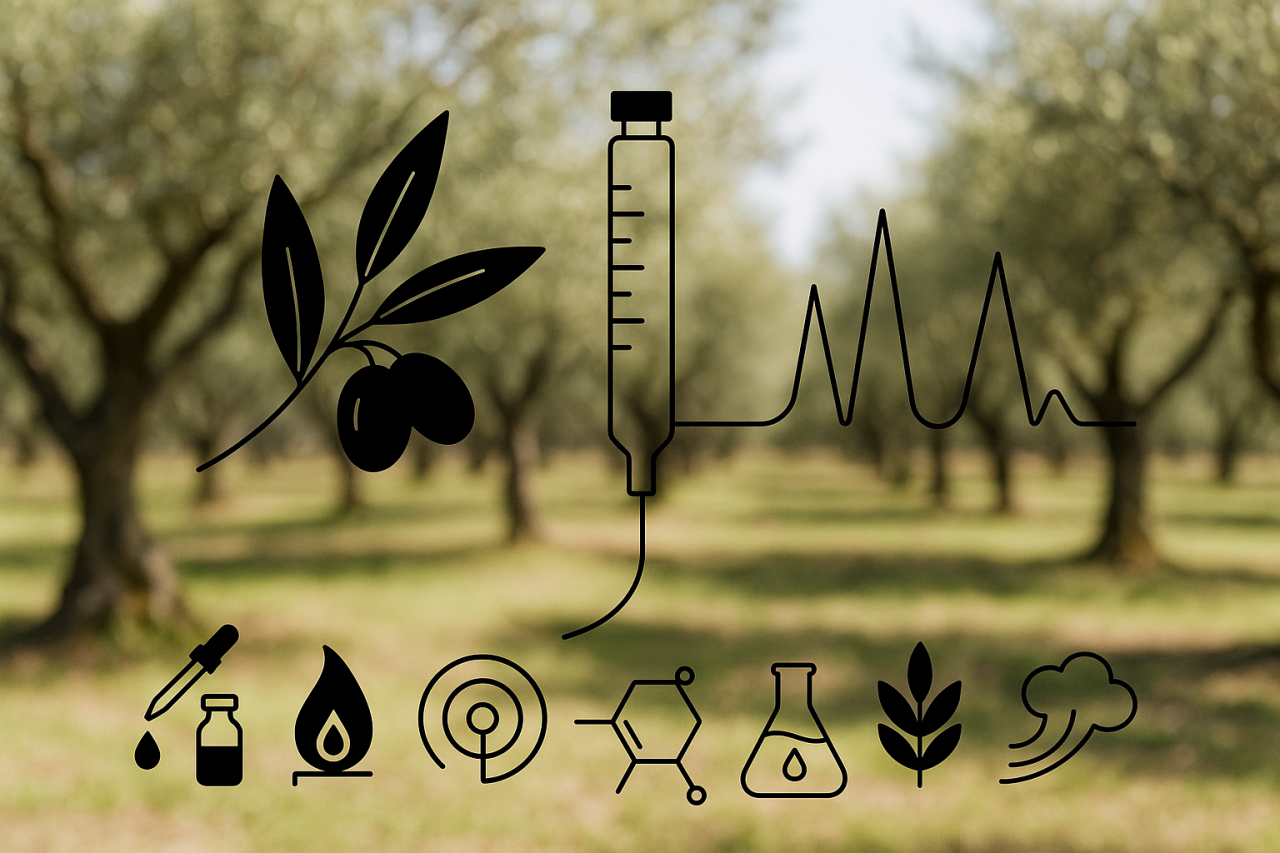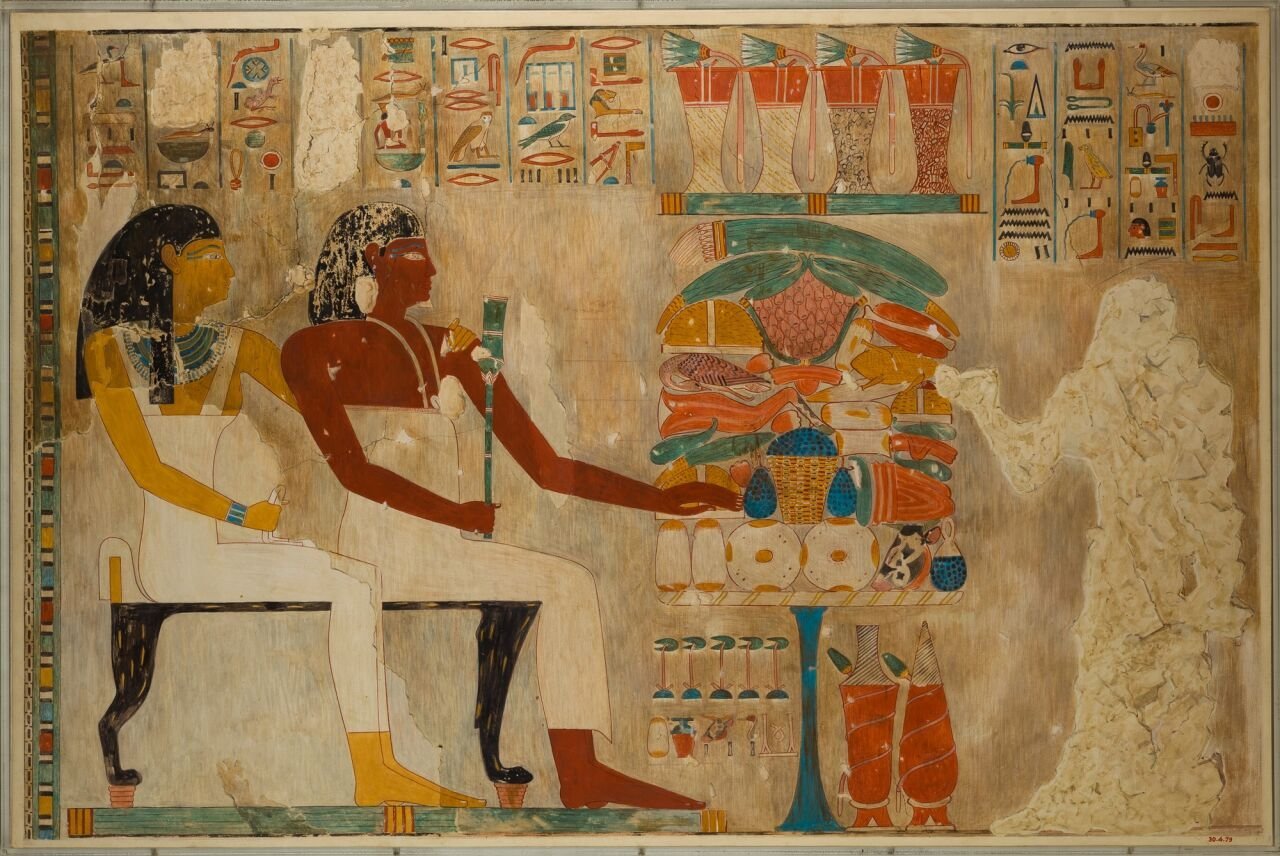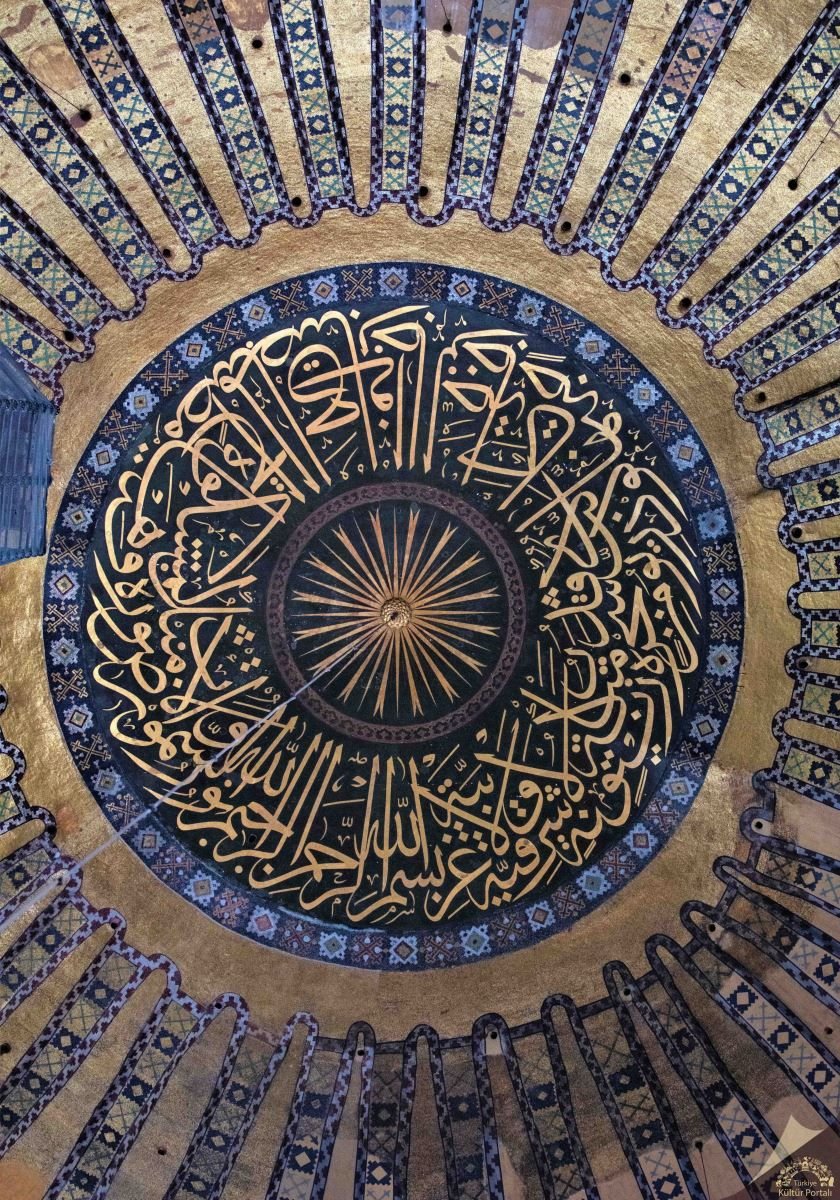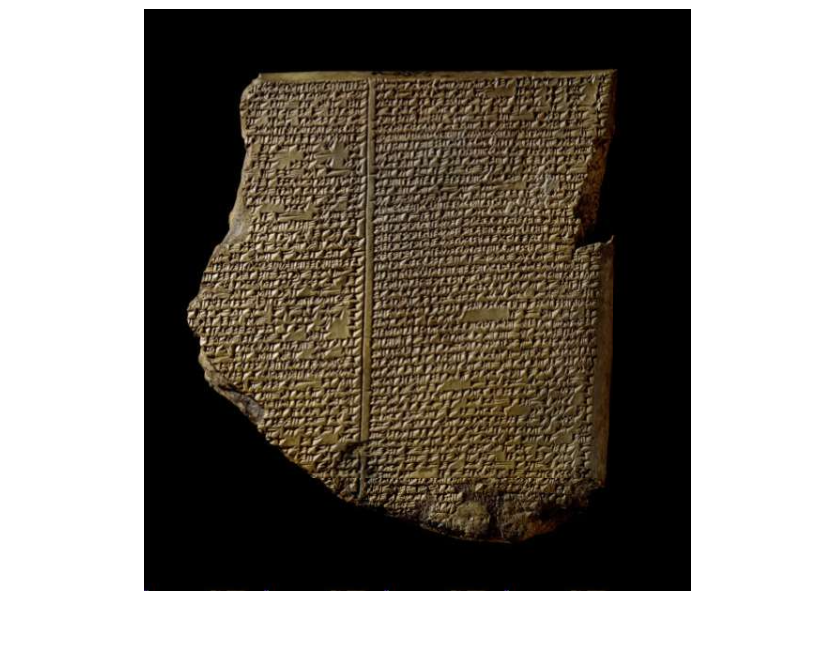All Blogs
Zeytinyağı Kalite Kıstasları I - Objektif Değerlendirme Yöntemleri
Objektif (ölçülebilir) unsurlar kimyasal ve fiziksel ölçümler sonucunda ortaya çıkan matematiksel değerlerdir.
Cold Soap Making at Home
Cold soap production with olive oil is a soap consumption culture that is both friendly to your skin and the environment. The main process difference between the cold process soap and hot process soap is related to the heat and time management during which the chemical process called saponification takes place.
Zeytin ve Biyoyakıt Üretimi
Pirina ya da zeytin posası biyoyakıt üretimi için potansiyel organik bir çıktıdır. Pirinanın içindeki zeytin çekirdekleri yüksek enerji içeriğine sahip hem çevresel hem de ekonomik faydalar sağlama kapasitesine sahip değerli bir biyokütle kaynağıdır.
Zeytinyağı Kültürü Geçmişi XI - Makine Yağı, Yağlı Boya, Kumaş Boyası, Ahşap Koruma Malzemesi
Leonardo da Vinci makine yataklarını veya aks uçlarını yağlamak için kendi kendini yağlayan sistemler geliştirmiş ve bunun için zeytinyağı kullanılmasını önermiştir.
Olive Oil Culture History XI- From the Age of Enlightenment to the Present
In the 18th and 19th centuries, with the industrialization era, industrial type, steam powered, oil and soap processing plants emerged on the scene. In the 19th century, in the period between the two world wars, olive oil refineries began to spread. These were businesses that produced cheap olive oil called “refined olive oil”. Today, the support of states to the olive sector has been seriously curtailed, and especially in our country, most olive producers have started producing at a loss.
Olive Oil Culture History X - Medieval Period
In terms of religious orders and symbolic meanings, people who adhere to the Christian faith generally use olive oil only in rituals, while Muslim alchemists describe soap in the sense we understand today. With the rise of Andalusian culture, soap production became widespread in the Mediterranean coastal cities of Venice, Genoa and Marseille. Until gas lamps came into use, olive oil continued to be used as a lighting fuel in oil canisters made of different materials ranging from the ground to the underground.
Olive Oil Culture History IX - Roman Empire Period
The Romans are considered to be an expert civilization in the history of humanity in the fields of olive cultivation, olive oil production, distribution and storage of olives. The Roman civilization is one of the milestones in history in obtaining high amounts of oil from olives. It is the first civilization to present the method of oil extraction as a written document for the first time and to apply methods that comply with these criteria (use of right-angled millstones, worm screw wooden pressing vice).
Olive Oil Culture History VIII - Ancient Hellenistic and Ionian Civilization II
For the Greeks, the successors of the Mycenaean Civilization, olive oil - which they used in body care and perfume manufacturing - was one of the most imported goods. In classical Greek Athens, the most common place where olive oil was consumed in public life was probably during sports events. Around 400 BC, the efficiency of olive oil processing plants in Northern Greece increased with the use of a cylindrical crushing vessel that rotated around a shaft.
Olive Oil Culture History VII - Ancient Hellenistic and Ionian Civilization I
There is insufficient archaeological evidence to elucidate the olive oil production systems in the Greek peninsula in ancient times. The Greeks came onto the stage of history very late (1050 BC) and inherited and developed the olive cultivation and culture that had survived to their time.
History of Olive Oil Culture VI - Crete Island and Cretan People
During the three thousand years before Christ, the Cretans played an important role in the spread of olive culture to other peoples in the Mediterranean. Two-meter olive oil jars found among the ruins of the palaces of Knossos and Phaistos are archaeological evidence of the olive oil trade carried out by the Cretans, who built warehouses where tons of olive oil could be stored and had powerful trading fleets.
Olive Oil Culture History V - Textile Production
The use of plant-based oils, such as olive oil, to enhance the shine, soften and preserve the color of fabrics dates back to ancient civilizations, particularly in the Mediterranean region. The Sumerians and later the Assyrians used plant oils to waterproof and protect textiles, especially woolen garments. Linen was the primary fabric used by the ancient Egyptians, and historical records show that they treated their linen with oils such as olive oil and castor oil to enhance its shine. In Rome, Pliny the Elder (1st century AD) discussed the use of olive oil to preserve the quality of textiles in his Naturalis Historia.
Olive Oil Culture History IV - Ancient Trade Commodity
In ancient times, before coins were invented, olive oil was a valuable commodity in demand, it could be stored for long periods in amphorae and earthenware barrels, and it could be transported safely over long distances. It was a product that could be measured and compared numerically, and it had certain quality standards that were accepted, albeit few, at that time. These characteristics transformed olive oil into an ancient commercial tool used in the debt system.
Olive Oil Culture History III - Fuel for Lighting
Olive oil has served as lamp oil throughout the ages, probably because it emits a bright light when burned and does not emit an offensive odor. In ancient Egypt, the best quality olive oil was used for lighting temples built for the sun god Ra, and it served as fuel for the six-branched candelabra used to light the temples of David, the son/son-in-law of Saul, who likened himself to an olive tree.
Olive Oil Culture History II - Blessing, Perfume, Medicine and Cosmetic Material
It is thought that the first scented ointments were obtained by mixing olive and sesame oil with scented herbs in the Neolithic Age (7000-4000 BC). There are many archaeological findings, holy book texts and mythological stories that olive oil was used in funeral rituals and in offerings prepared for the gods in temples.
Olive Oil Culture History I - Ancient Times
The existence of primitive olive oil mills with the remains of olive pressing pits carved into rocks or olive oil collection pools made of stone has been dated back to 3500 BC. One of the milestones in the history of olive oil production technology was the invention of the mola olearia (olive mill) around 1500 BC, and by the Iron Age (1000 BC), the invention of wooden pole lever presses would allow more oil to be separated from the olive paste.
Olives and Olive Oil in Monotheistic Religions - Islamic Faith
The olive is mentioned six times in the Holy Quran; the Surahs of Mu'minun, An'am, Nahl, Abese, Tin and Nur.
Olives and Olive Oil in Monotheistic Religions - Christian Faith
It is believed that Jesus, who was anointed with oil, had the last supper with his apostles on the Mount of Olives and ascended to heaven from this mountain. He expresses the connection of the new faith, of which he is a prophet, with the Jewish faith with the olive tree symbol.
Olives and Olive Oil in Monotheistic Religions - Jewish Belief
God promises the Israelites (Wrestlers with the Angel) “lands of olive oil,” whose origins lie in ancient Egyptian civilization. The olive tree and olive oil are present in many texts throughout the book.
Olives and Olive Oil in Monotheistic Religions - The Flood Myth
Flood stories, which are symbolic expressions of resurrection and creation through water, are also myths of the renewal of life and the idea of purification through water.
Olive and Olive Oil Myths II - The Epic of Gilgamesh
May the young woman in the temple who anoints herself with fragrant oils shed tears for you... The Epic of Gilgamesh, VIII. clay tablet.




















